The Beauty Filter Deception: WeChat's Video Enhancement Only Visible to the User
The aesthetic enhancements offered by WeChat's video feature have long been a comforting tool for users, providing a sense of polished perfection in their digital interactions. However, a revealing insight has come to light that is set to disrupt the self-assured confidence of many: it appears that the "beautification" or "美颜" (mei yan) feature, designed to enhance one's appearance during video calls, is only visible to the user themselves. This means that the glamour and touches of perfection one sees in the mirror of their screen are not reflected in the eyes of the beholder on the other end of the call.

2 February 2025
Despite WeChat not supporting beautification features natively, many custom operating systems have opted to include this option, understanding the appeal of presenting a digitally enhanced version of oneself in online engagements. However, the effectiveness of this feature is not only subjective but also highly dependent on the quality of the internet connection and the device being used. The beautification feature, therefore, doesn't significantly alter the user's appearance in the eyes of the recipient, serving more as a psychological comfort for the user.
This revelation has stirred a mix of reactions across social media platforms. Some users express disbelief and amusement at the thought that their digitally enhanced appearances have been a personal, one-way experience all along. Comical comments abound, with phrases like "self-deception" and "it's all been for nothing" reflecting the bemused acceptance of this newly understood reality. Others jokingly lament the timing of the revelation, wishing they had remained ignorant of this fact to preserve the illusion of digital perfection.

The revelation that WeChat's video beauty filter only applies to the user's own view has sparked a mix of surprise and amusement among users. This means that when individuals use the beauty filter during video calls, they see a more flattering version of themselves, but the person on the other end of the call sees them as they normally would, without the filter.
This discrepancy has led some to jokingly comment that they have been "self-deceiving" by relying on the beauty filter to boost their confidence during video interactions. Others have pointed out that even if the beauty filter were to be applied to the video feed seen by the other party, its effectiveness would be limited by the quality of the video stream.
Despite this, the news has not seemed to deter users from using the beauty filter for their own sake. Some have taken to social media to share their reactions, with one user humorously commenting that it doesn't matter since the people they video call are "their own people" anyway, implying a level of familiarity and comfort that makes the use of beauty filters redundant.
Meanwhile, tech enthusiasts are discussing the limitations of smartphone cameras in capturing high-quality images, with some comparing the performance of different models in a tongue-in-cheek manner, asking which phone can make them look more beautiful. Overall, the discovery has added a layer of humor and self-awareness to the use of video beauty filters, highlighting the difference between how we perceive ourselves and how others see us.

To enable the WeChat video beauty function, users can follow these steps. However, it's essential to note that this feature is not natively supported by WeChat itself, but rather by some customized operating systems. On certain phones, such as Huawei devices, users can access the beauty function through the phone's settings. To do so, one can try the following:
- Open the WeChat app and start a video call.
- Check if the phone's operating system provides a beauty mode option. This is usually found in the phone's settings or camera app.
- If available, enable the beauty mode or beautification feature.
- Some phones may require users to download a separate beauty camera app or plugin to access this feature.
It's crucial to remember that even if the beauty function is enabled, the actual effect may be limited by the phone's camera quality and internet connection. In some cases, the beauty function may not have a significant impact on the video quality. Additionally, as some users have pointed out, the beauty function may only be visible to the user themselves, rendering it somewhat useless in video calls.
The beauty filter feature on WeChat, a popular Chinese social media platform, has been revealed to be more of a self-delusional tool than a genuine image enhancer. Contrary to popular belief, the beauty filter only applies to the user's own view of their video, and not to the version that others see. This has led some to jokingly refer to it as a form of "self-deception."
In reality, the beauty filter's effectiveness is also influenced by the video's overall quality. Even when enabled, the filter may not significantly improve the image, making its usefulness questionable. Despite this, the feature remains a popular option in many customized operating systems, with many users unaware that it only applies to their own view.

The revelation has sparked a mix of amusement and disappointment among WeChat users, with some commenting that it's essentially pointless to use the beauty filter if others can't see the enhanced version. The news has also led to a reevaluation of the feature's purpose, with some arguing that it's more of a psychological boost for the user than a genuine image improvement tool.
The discovery has also been met with humor, with one user jokingly referring to it as a form of "self-deception." Others have poked fun at the idea that users may be unknowingly deceiving themselves into thinking they look better than they actually do. Nonetheless, the beauty filter remains a popular feature, and its true purpose – whether it's to boost user confidence or simply as a novelty – continues to be debated.
Ultimately, this exposes a fascinating aspect of human interaction in the digital age: the desire to present a perfect or at least improved version of oneself, even in the most casual of interactions. The psychological underpinnings of this need for digital beautification underscore deeper questions about self-perception, confidence, and the implications of technology on human relationships. Despite the humorous take many have on this discovery, it prompts a more serious reflection on how technology mediates our self-image and our interactions with others.
Comments
Share this article
Related Articles
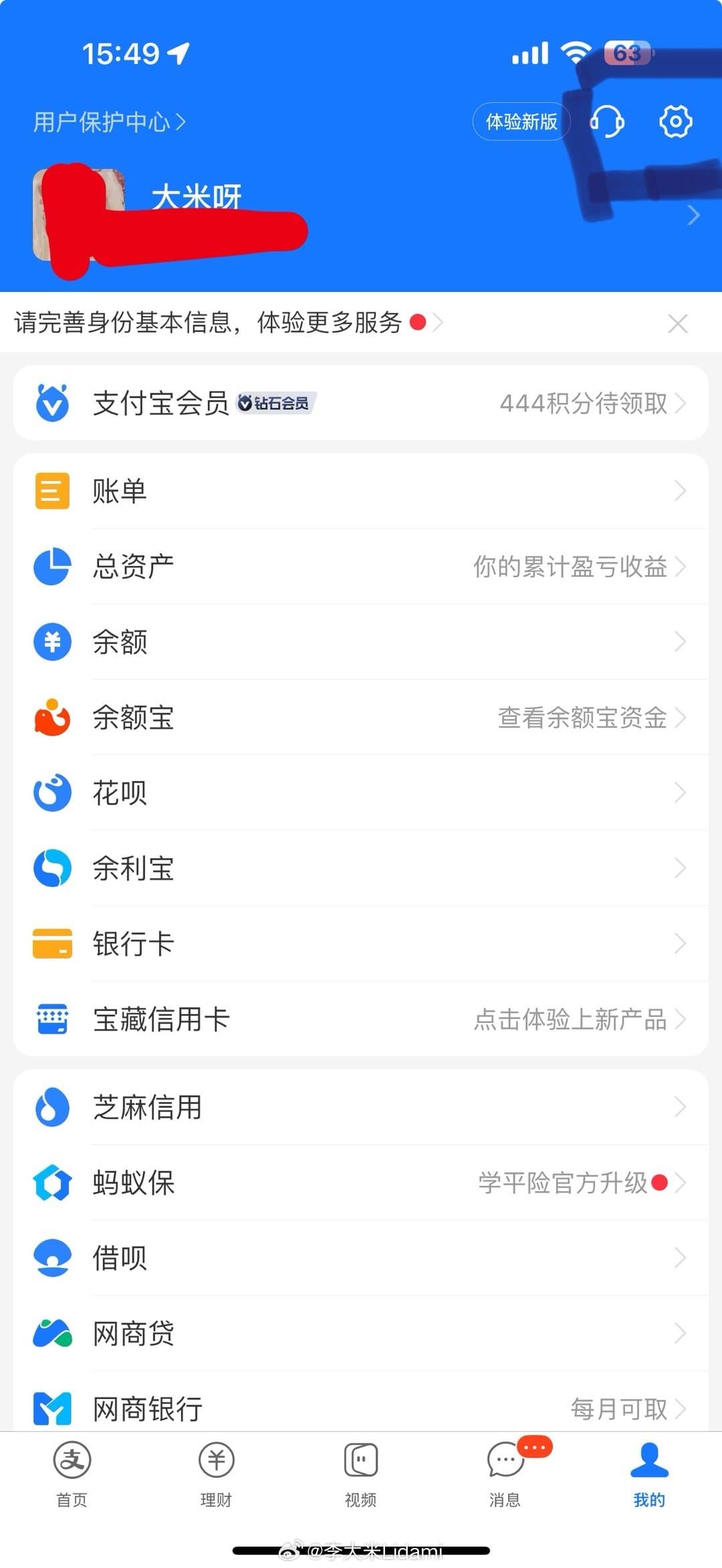
Alipay Users Rush to Revoke Permissions Over Hidden Authorizations, Sparking Nationwide Privacy Debate
By Trending on Weibo
Tech
15 Sept 2025
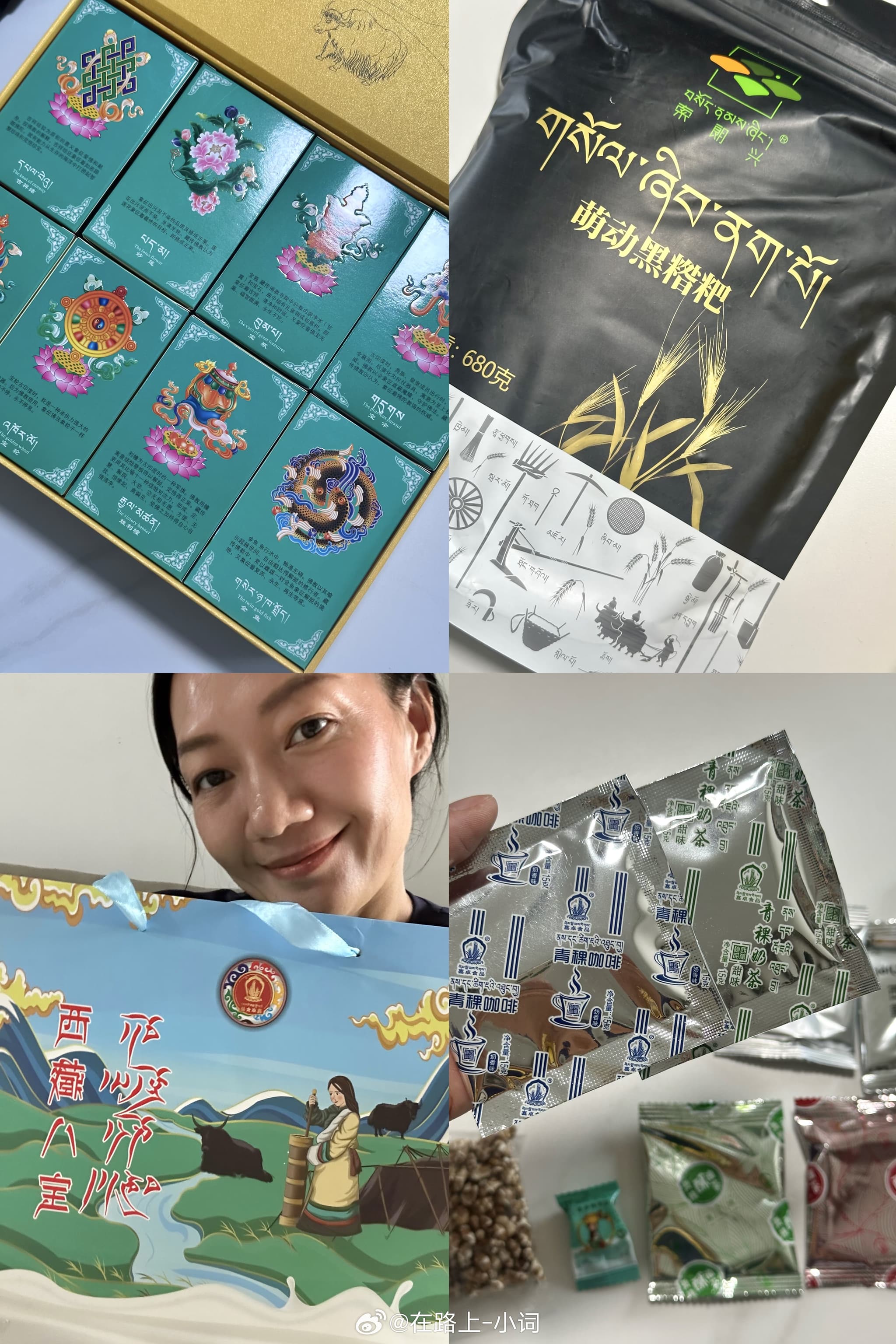
Pinduoduo’s “Journey to the West” Campaign Delivers Free Shipping to China’s Remote Western Provinces.
By Trending on Weibo
Tech
12 Sept 2025
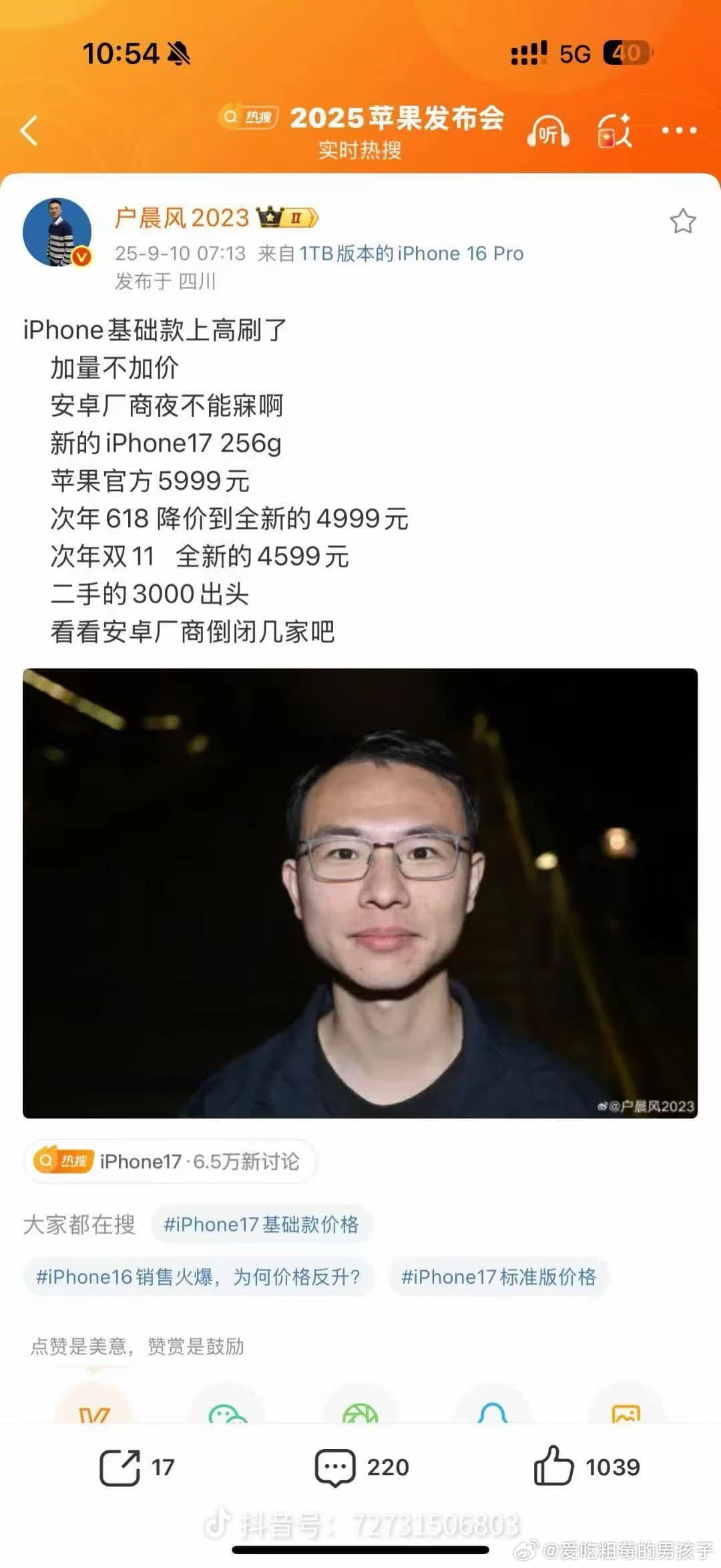
Apple’s iPhone 17 Pro Camera Ignites an Industry Arms Race, Democratizes Visual Storytelling, and Fuels Privacy Debate.
By Trending on Weibo
Tech
12 Sept 2025
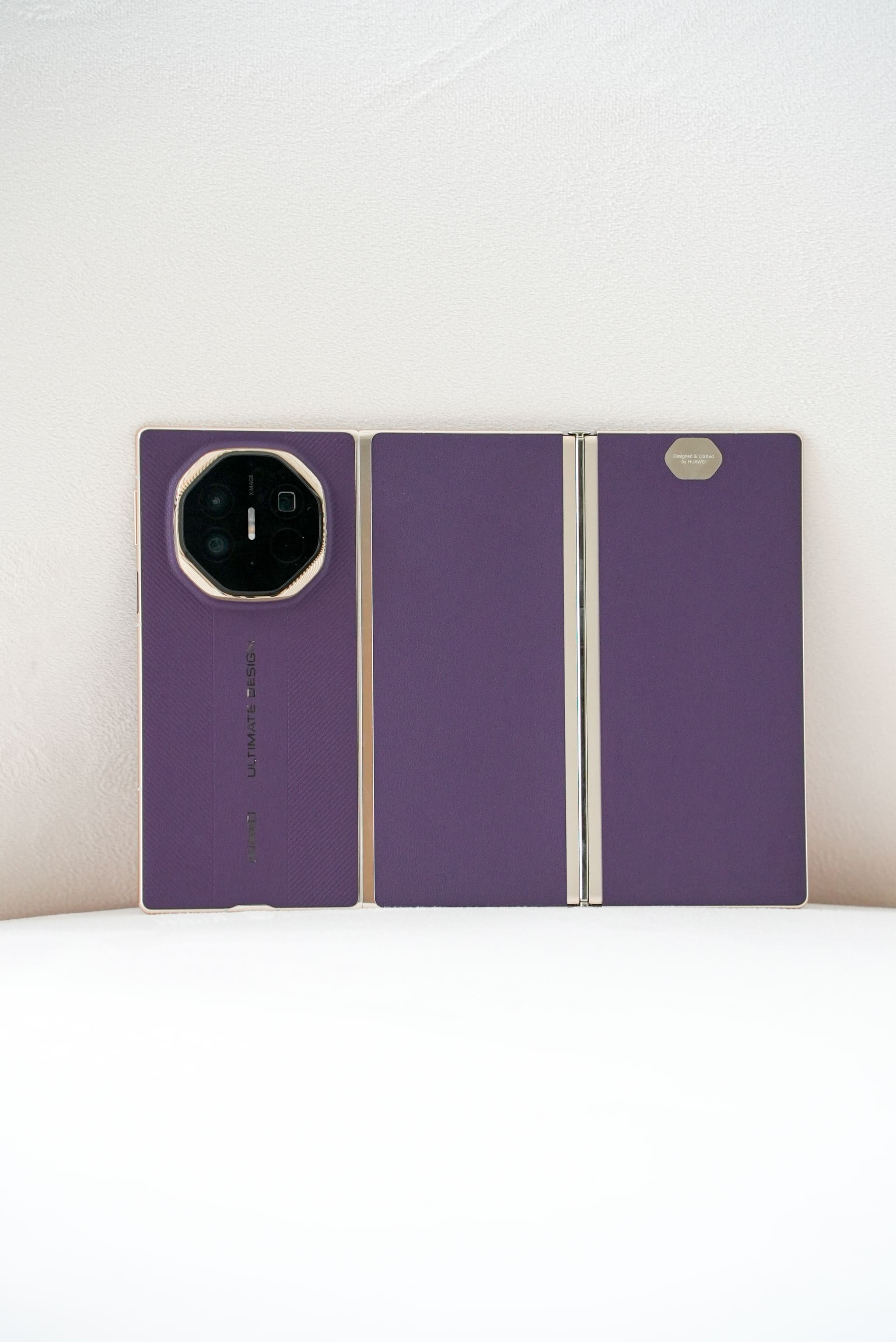
Huawei Launches World’s First Mass‑Produced Tri‑Fold Smartphone, the Mate XT, Sparking a Premium Market Shake‑Up
By Trending on Weibo
Tech
12 Sept 2025
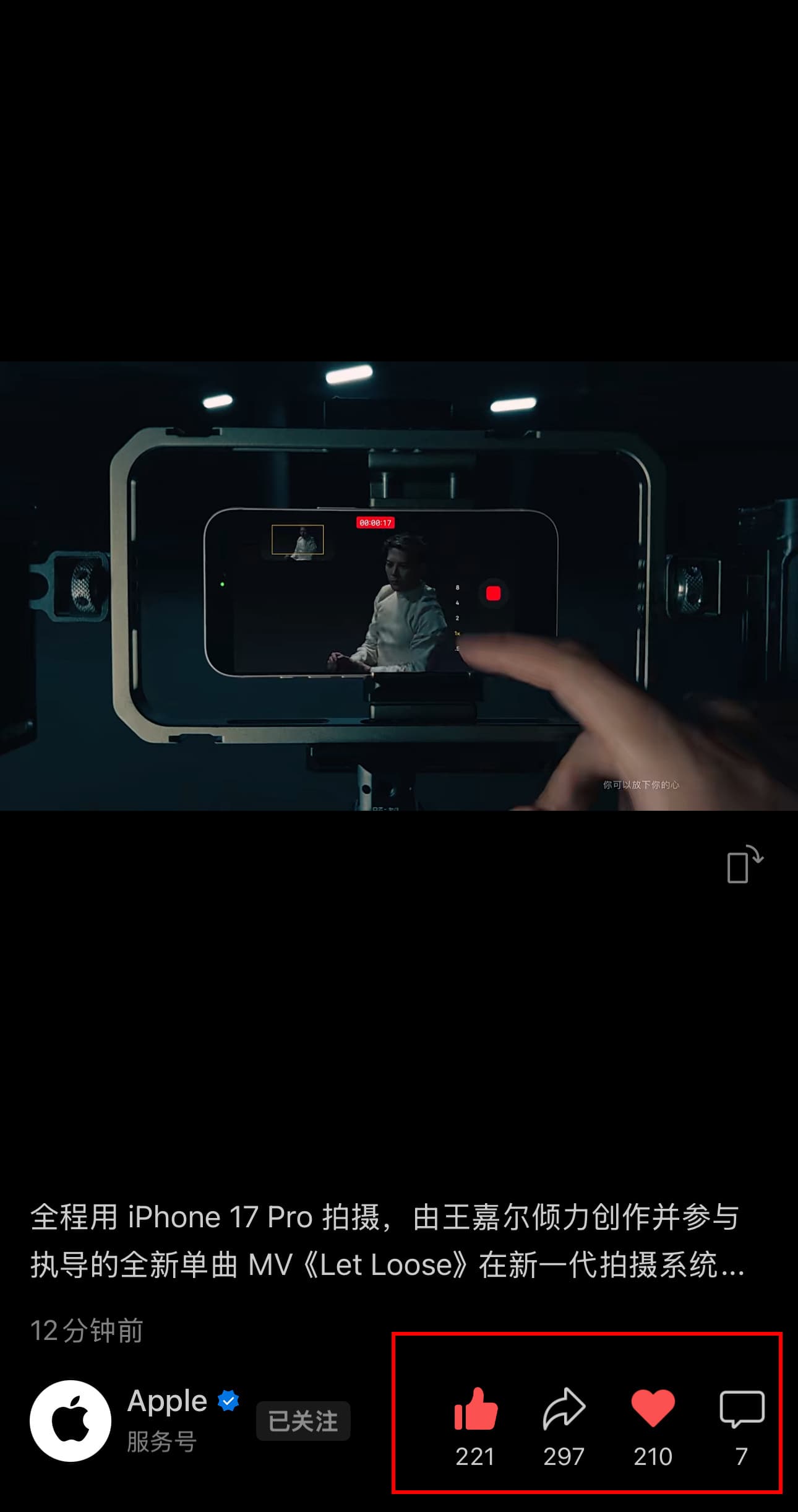
Jackson Wang Films “Let Loose” Music Video Entirely on Apple’s iPhone 17 Pro, Highlighting Mobile Filmmaking Power】
By Trending on Weibo
Tech
11 Sept 2025



